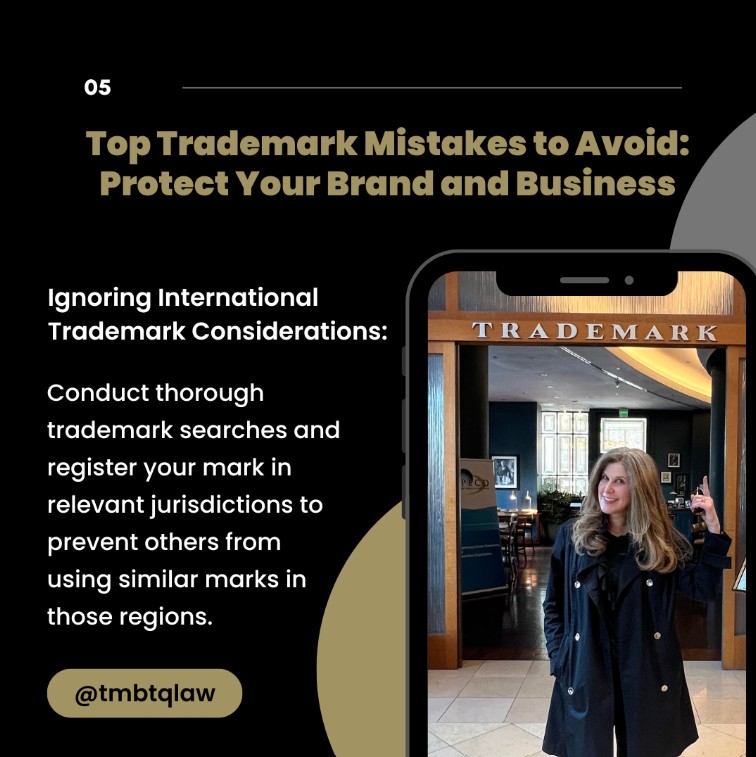I recently had a consultation with an individual who applied last year for a trademark quite similar to that of a large athletic clothing brand. It is taking the U.S. Patent and Trademark Office around 5-6 months to assign Examining Attorneys to trademark applications, so this time frame seemed legit.
What didn’t seem legit was the trademark subject of the application itself. It used two out of three words of a slogan used by one of the world’s most popular brands. The middle word was different, but it was applied to the same goods and services (apparel). Frankly, I was surprised that it had made it through the examination process without raising red flags of the U.S. Patent and Trademark Office. But, as I explained to the applicant, surely the large athletic clothing company has a monitoring service for its trademarks, and his application had popped up as potentially confusingly similar. LargeCo filed an Extension of Time to file an Opposition.
An Extension of Time to file an Opposition is usually followed by either:
1) The opposer contacting the applicant and trying to work out a negotiated settlement;
2) The opposer sending a cease and desist letter; or
3) The opposer going ahead with filing an Opposition to the pending trademark applicant.
The applicant wanted to know how much of a payment he should expect from largeco. I was a little taken aback because, normally, if one party is infringing on another’s trademark, the most common monetary exchange is the infringer paying damages to the prior user. There are a few situations where another result can happen:
– If applicant had prior use of the mark (but a later registration), sometime a consent agreement can be entered into. This may or may not involve payment of the other party’s attorneys fees
– Ditto if the newer user wants to acquire all rights to the old user’s mark. That would involve a larger sum and a buyout or license agreement.
– Sometimes you just want to pay a party a minimum amount to go away.
have had a few clients in the past seeking a payday when they apply for a mark someone else may want. But, that’s not the way trademarks work. You can’t “traffic in trademarks.” In other words, you can’t try to hoard a mark or a bunch of marks you’re not ever really going to use. Trademarks only have value in connection with goodwill associated with the company, product or service they’re used with.
After explaining all this to the applicant, I got a distinct feeling that he would call five other attorneys to get the answer he wanted. But, curious blog readers, perhaps you will take heed and not try
Cover Photo by Towfiqu barbhuiya on Unsplash



